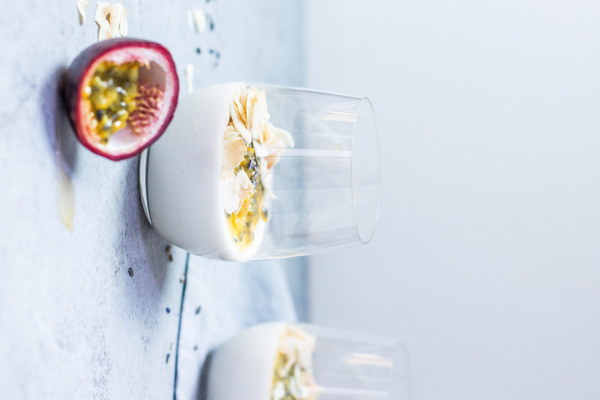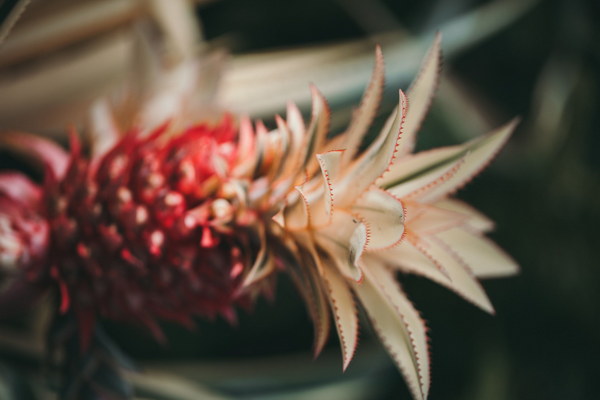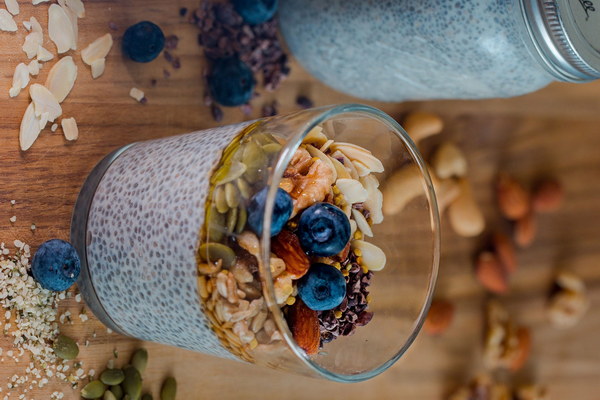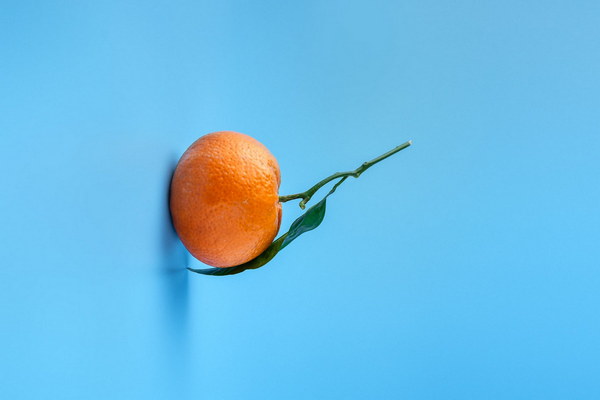Enhancing the Banxia Xiexin Decoction The Art of Adding Herbs for Blood and Qi Tonification
The Banxia Xiexin Decoction, a classic formula from the Treatise on Cold Damage by Zhang Zhongjing, has long been revered in Traditional Chinese Medicine (TCM) for its efficacy in treating various internal disorders. Composed of six herbs, it is primarily used to address disharmony in the middle burner, with symptoms such as epigastric pain, nausea, and vomiting. However, to further enhance its therapeutic effects, TCM practitioners often add herbs that are specifically known for their blood and qi tonifying properties. In this article, we will explore the rationale behind this practice and introduce some commonly used herbs for this purpose.
The principle of adding herbs to the Banxia Xiexin Decoction lies in the understanding that certain internal disorders are rooted in both qi and blood deficiencies. By incorporating blood and qi tonifying herbs, the formula can achieve a more comprehensive and potent therapeutic effect. Here are some commonly used herbs in this context:
1. Danggui (Angelica sinensis): Danggui is a well-known blood tonic that can nourish the blood and regulate the menstrual cycle. Its addition to the Banxia Xiexin Decoction can help alleviate symptoms related to blood deficiency, such as palpitations, dizziness, and fatigue.

2. Chuanxiong (Ligusticum chuanxiong): Chuanxiong is another herb that can tonify blood and promote blood circulation. It is often used in conjunction with danggui to enhance the efficacy of blood tonification. In the Banxia Xiexin Decoction, chuanxiong can help alleviate epigastric pain and improve the overall circulation of qi and blood.
3. Bai-Zhu (Atractylodes macrocephala): Bai-Zhu is a commonly used herb for spleen and qi tonification. It can help strengthen the middle burner, improve digestion, and enhance the body's ability to absorb nutrients. In the context of the Banxia Xiexin Decoction, bai-zhu can help alleviate nausea and vomiting by promoting the proper functioning of the spleen and stomach.
4. Tianqi (Astragalus membranaceus): Tianqi is a well-known qi tonic that can boost the immune system, improve physical strength, and enhance overall vitality. When added to the Banxia Xiexin Decoction, tianqi can help alleviate fatigue, improve the patient's overall well-being, and enhance the formula's efficacy in treating internal disorders.
5. Shu Di Huang (Rehmannia glutinosa): Shu Di Huang is a commonly used blood tonic that can nourish the liver and kidneys, improve the quality of blood, and alleviate symptoms of deficiency. It is often used in conjunction with other blood tonifying herbs, such as danggui and chuanxiong. In the Banxia Xiexin Decoction, shu di huang can help alleviate symptoms related to blood deficiency, such as dizziness, palpitations, and fatigue.
6. Huang Qi (Panax notoginseng): Huang Qi is a potent qi tonic that can strengthen the immune system, improve physical strength, and enhance overall vitality. It is often used in conjunction with other qi tonifying herbs, such as tianqi. In the Banxia Xiexin Decoction, huang qi can help alleviate symptoms related to qi deficiency, such as fatigue, weakness, and shortness of breath.
Incorporating these herbs into the Banxia Xiexin Decoction can significantly enhance its therapeutic effects. However, it is essential to consider the specific condition of the patient and adjust the formula accordingly. TCM practitioners must be well-versed in the properties and interactions of these herbs to ensure the safety and efficacy of the treatment.
In conclusion, adding herbs for blood and qi tonification to the Banxia Xiexin Decoction is a valuable practice in TCM. By doing so, practitioners can tailor the formula to address the specific needs of their patients, ultimately achieving better treatment outcomes. As with any medical treatment, it is crucial to consult with a qualified TCM practitioner before making any changes to your medication regimen.









